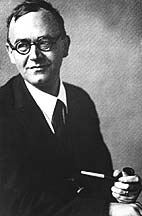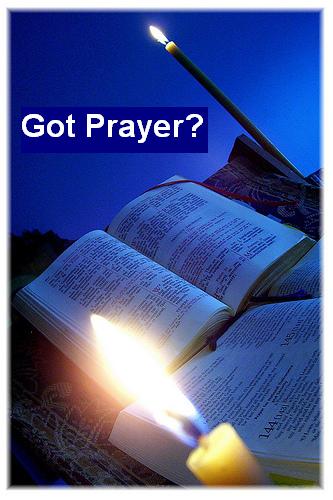Oh, now this is good stuff…
G.K. Chesterton from The Well and the Shallows (Ignatius, 2006)
As in that one matter of modesty, or the mere externals of sex, so in all the deeper matters of sex, the modern will has been amazingly weak and wavering. And I suppose it is because the Church has known from the first the weakness which we have all discovered at last, that about certain sexual matters She has been very decisive and dogmatic; as many good people have quite honestly thought, too decisive and dogmatic. Now a Catholic is a person who has plucked up courage to face the incredible and inconceivable idea that somebody else may be wiser than he is. And the most striking and outstanding illustration is to be found in the Catholic view of marriage as compared to the modern theory of divorce; not it must be noted, the very modern theory of divorce, which is the mere negation of marriage; but even more the slightly less modern and more moderate theory of divorce, which was generally accepted even when I was a boy. This is a very vital point or test of the question; for it explains the Church’s rejection of the moderate as well as the immoderate theory. It illustrates the very fact I am pointing out, that Divorce has already turned into something totally different from what it was intended, even by those who first proposed it. Already we must think ourselves back into a different world of thought, to understand how anybody ever thought it was compatible with Victorian virtue; and many very virtuous Victorians did. But they only tolerated this social solution as an exception; and many other modern social solutions they would not have tolerated at all. My own parents were not even orthodox Puritans or High Church people; they were Universalists more akin to Unitarians. But they would have regarded Birth-Prevention exactly as they would have regarded Infanticide. Yet about Divorce such liberal Protestants did hold an intermediate view, which was substantially this. They thought the normal necessity and duty of all married people was to remain faithful to their marriage; that this could be demanded of them, like common honesty or any other virtue. But they thought that in some very extreme and extraordinary cases a divorce was allowable. Now, putting aside our own mystical and sacramental doctrine, this was not, on the face of it, an unreasonable position. It certainly was not meant to be an anarchical position. But the Catholic Church, standing almost alone, declared that it would in fact lead to an anarchical position; and the Catholic Church was right.
The above discourse on divorce began with Chesterton lamenting the cowardly non-decision of the 1930 Lambeth Conference that lead to the moral justification of using birth-control; hence the reference above to “Birth-Prevention.” Chesterton preferred this term to the more common term “Birth Control”, because as he says “it [birth control] is in fact, of course, a scheme for preventing birth in order to escape control.” Yep.
But I digress. Continuing the theme of divorce, Chesterton writes:
Any man with eyes in his head, whatever the ideas in his head, who looks at the world as it is to-day, must know that the whole social substance of marriage has changed… Some divorced persons, who can be married quite legally by a registrar, go on complaining bitterly that they cannot be married by a priest. They regard a church as a peculiarly suitable place in which to make and break the same vow at the same moment… Numbers of normal people are getting married, thinking already that they may be divorced. The instant that idea enters, the whole conception of the old Protestant compromise vanishes. The sincere and innocent Victorian would never have married a woman reflecting that he could divorce her. He would as soon have married a woman reflecting that he could murder her. These things were not supposd to be among the daydreams of the honeymoon. The psychological substance of the whole thing has altered; the marble has turned to ice; and the ice has melted with most amazing rapidity. The Church was right to refuse even the exception. The world has admitted the exception; and the exception has become the rule.


